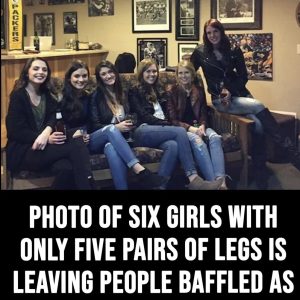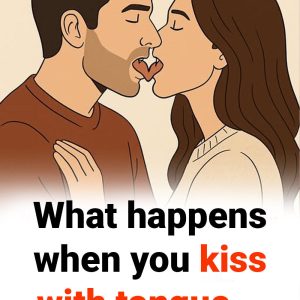Two years ago, I was at the supermarket when I noticed a couple struggling to pay for their groceries. Without much thought, I decided to quietly pay for their items. At the time, it felt like a simple act of kindness—a small way to help someone in need.
Today, I was surprised to receive a mysterious envelope in the mail. Inside was a twenty-dollar bill and a heartfelt note from that very couple. They expressed their deep gratitude and explained how my gesture had made a meaningful difference during a difficult chapter in their lives.
The note revealed that their daughter, Sofia, was battling a rare medical condition. My small act of kindness had provided them with much-needed relief in the midst of financial and emotional hardship. Sofia even wrote a touching message, sharing how my kindness inspired their family to help others in return.
Later, I spoke with a cashier who confirmed the family’s severe financial struggles because of Sofia’s illness. Instead of trying to find them, I chose to pay it forward—leaving the twenty-dollar bill in a children’s book at a park with a note encouraging whoever found it to do something kind for someone else.
Weeks passed, and then I received a message from Clara, Sofia’s mother. She shared the incredible news that Sofia had gone into remission. More importantly, Clara told me how my act of kindness inspired her to start an online community for parents of children with rare diseases.
We eventually met at a café, where I saw firsthand how far-reaching a small gesture could be. It wasn’t just the relief my help provided at the moment—it had sparked a ripple effect of compassion and support within our community.
This experience taught me a powerful lesson: even the smallest acts of kindness can create lasting change. Compassion has a way of inspiring others to pay it forward, spreading hope and strength far beyond what we initially imagine.
I am grateful to have been a part of that story and hope it reminds us all that every small gesture matters and can transform lives in ways we may never fully see.





